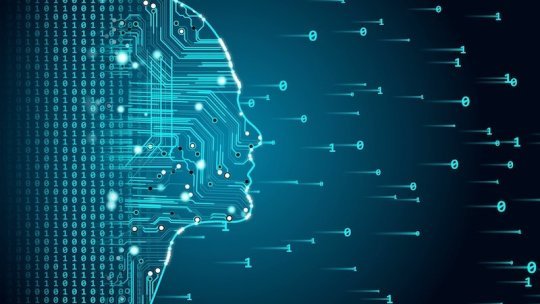Brain functions are made feasible by using circuits of spiking neurons, linked collectively through microscopic, but incredibly intricate hyperlinks referred to as synapses, according to researchers based at the University of Padova in Italy in partners University of Zurich and ETH Zurich created artificial neurons on Silicon microchips.

Image source
The virtual laboratory used to be brought together by way of an tricky setup controlling nanoelectronic synapses developed on the University of Southampton. These synaptic devices are referred to as memristors.
Founded researchers captured spiking routine being sent over the web from the biological neurons in Italy and then disbursed them to the memristive synapses. Responses were then despatched onward to the artificial neurons in Zurich additionally within the form of spiking pastime. The process at the same time works in reverse too; from Zurich to Padova. Thus, synthetic and biological neurons had been able to be in contact bidirectionally and in real time.
Professor of Nanotechnology and Director of the Centre for Electronics Frontiers at the University of Southampton said, probably the most largest challenges in conducting research of this sort and at this level has been integrating such detailed leading edge technologies and expert skills that aren't quite often determined under one roof. By means of making a virtual lab we now have been equipped to gain this.

Now count on that their technique will ignite curiosity from a range of scientific disciplines and accelerate the p.C. Of innovation and scientific development within the discipline of neural interfaces research. In special, the ability to seamlessly connect disparate technologies across the globe is a step towards the democratisation of these applied sciences, getting rid of a giant barrier to collaboration.
On one aspect it units the basis for a novel state of affairs that was once not ever encountered for the period of normal evolution, where organic and artificial neurons are linked collectively and be in contact throughout global networks; laying the foundations for the internet of Neuro-electronics. On the other hand, it brings new potentialities to neuroprosthetic applied sciences, paving the way in which closer to research into changing dysfunctional ingredients of the brian with AI chips."
Hello @omo-ope
Despite all that you say because of the research, I think that somehow when I sit at the computer and touch the keyboard, at that very moment I feel that I am attached to the technology. And that also happens to me when I drive, or when I cook breakfast for my daughters.
The brain will always join the simplest thing we can do, despite all that research somehow it just shows the capabilities of our wonderful complex brain..
Saludos.
Downvoting a post can decrease pending rewards and make it less visible. Common reasons:
Submit
Lol,
Technology is Is changing the world and is making it a better place for everyone.
Downvoting a post can decrease pending rewards and make it less visible. Common reasons:
Submit
I have an ambivalent relationship with technology that directly affects the human brain, on the one hand I am fascinated by what can be achieved and on the other I am terrified of the side effects it could have.
It is very interesting the idea of being able to connect my mind through the internet and being able to interact with information or with devices that are connected to the network, it would be like an Internet of Things, but adding an Internet of Human Brains.
Okay, but if I already have problems with the Internet of Things and its potential privacy violation or vulnerability to malicious hacker, well, you can imagine my fear of opening a direct door to people's brains.
Downvoting a post can decrease pending rewards and make it less visible. Common reasons:
Submit